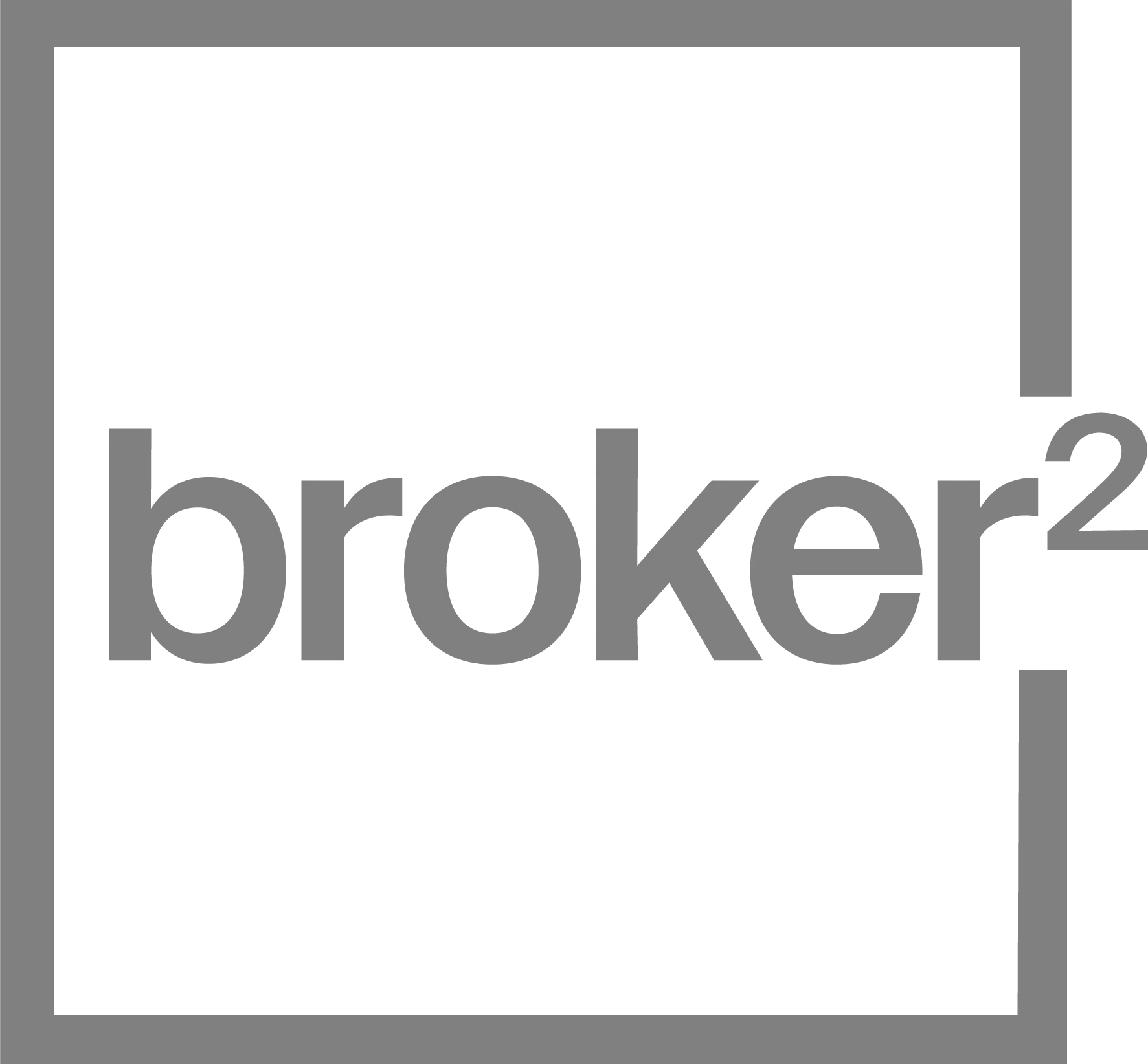Standard or Collateral Charge Mortgage. What’s best for you?

When arranging mortgage financing, your mortgage lender will register your mortgage in one of two ways. Either with a standard charge mortgage or a collateral charge mortgage. Let’s look at the differences between the two.
Standard charge mortgage
This is your good old-fashioned mortgage. A standard charge mortgage is the mortgage you most likely think about when you consider mortgage financing. Here, the amount you borrow from the lender is the amount that is registered against the title to protect the lender if you default on your mortgage.
When your mortgage term is up, you can either renew your existing mortgage or, if it makes more financial sense, you can switch your mortgage to another lender. As long as you aren’t changing any of the fine print, the new lender will usually cover the cost of the switch.
A standard charge mortgage has set terms and is non-advanceable. This means that if you need to borrow more money, you'll need to reapply and requalify for a new mortgage. So there will be costs associated with breaking your existing mortgage and costs to register a new one.
Collateral charge mortgage
A collateral charge mortgage is a mortgage that can have multiple parts, usually with a re-advanceable component. It can include many different financing options like a personal loan or line of credit. Your mortgage is registered against the title in a way that should you need to borrow more money down the line; you can do so fairly easily.
A home equity line of credit is a good example of a collateral charge mortgage.
Unlike a standard charge mortgage, here, your lender will register a higher amount than what you actually borrow. This could be for the property's full value, or some lenders will go up to 125% of your property's value.
In the future, if the value of your property appreciates, with a collateral charge mortgage, you don't have to rewrite your existing mortgage to borrow more money (assuming you qualify). This will save you from any costs associated with breaking your existing mortgage and registering a new one.
However, if you’re looking to switch your mortgage to another lender at the end of your term, you might be forced to discharge your mortgage and incur legal fees. Also, by registering your mortgage with a collateral charge, you potentially limit your ability to secure a second mortgage.
So what’s a better option for you?
Well, there are benefits and drawbacks to both. Finding the best option for you really depends on your financial situation and what you believe gives you the most flexibility. This is probably a question better handled in a conversation rather than in an article.
With that said, undoubtedly, the best option is to work with an independent mortgage professional. It’s our job to understand the intricacies of mortgage financing, listen to and assess your needs, and recommend the best mortgage to meet your needs. As we work with many lenders, we can provide you with options. Don’t get stuck dealing with a single institution that may only offer you a collateral charge mortgage when what you need is a standard charge mortgage.
So if you’d like to have a conversation about mortgage financing, please get in touch. It would be a pleasure to work with you and answer any questions you might have.
IAN VOWLES





